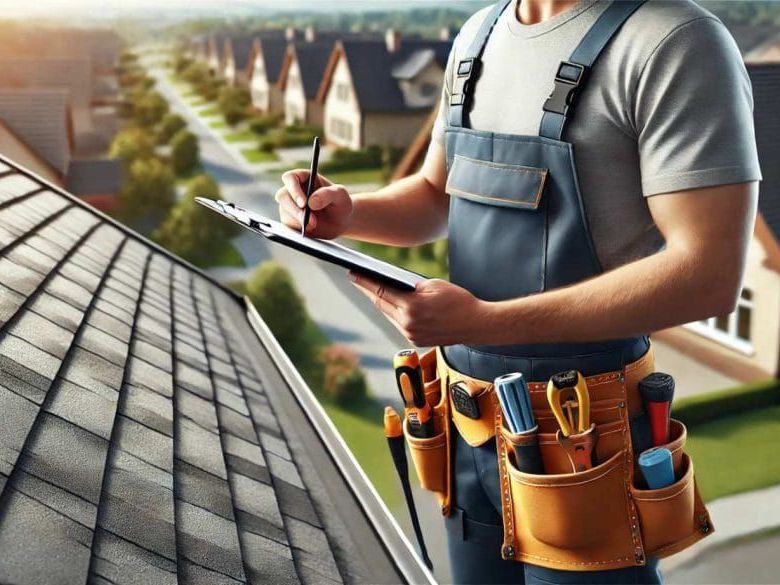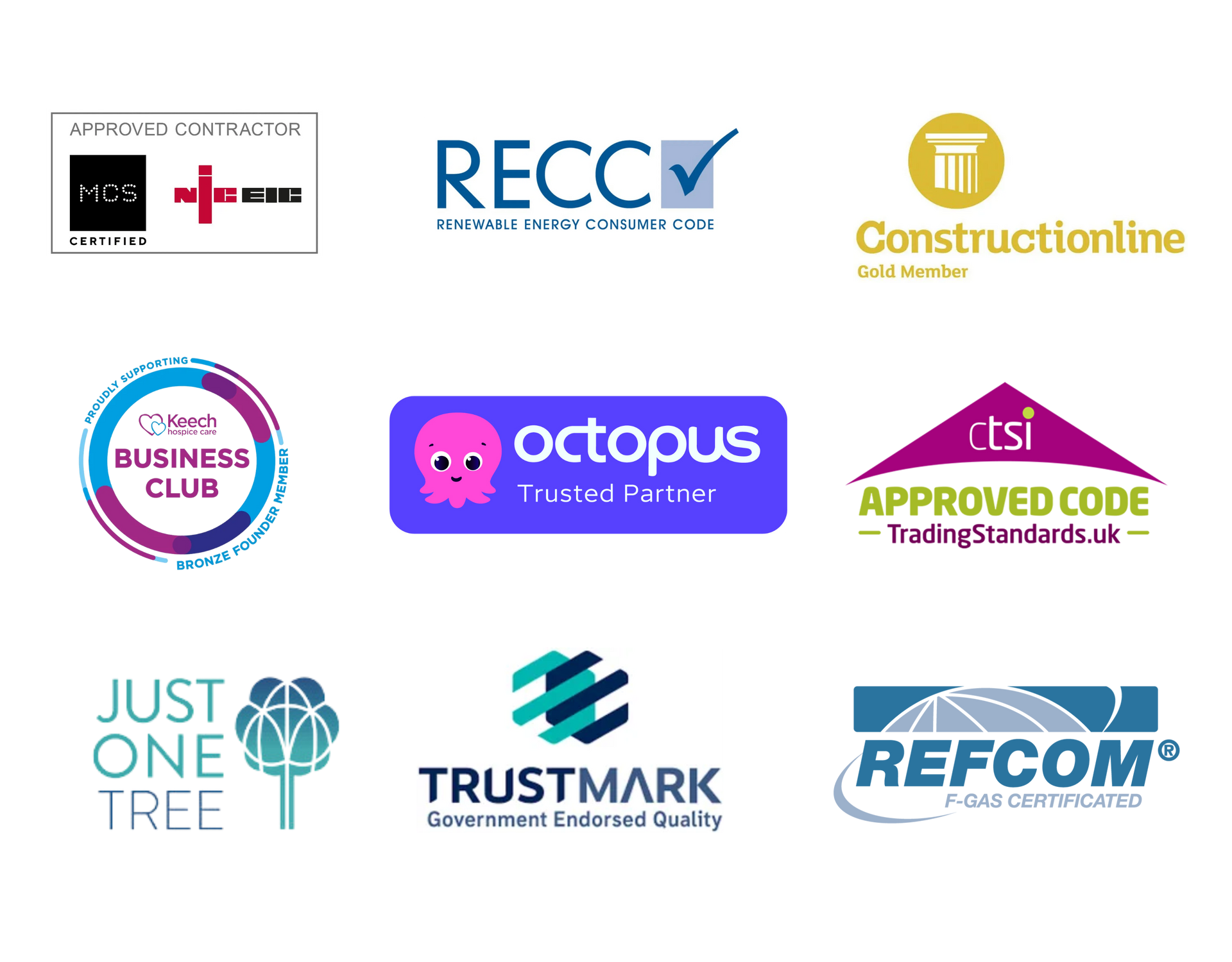Harnessing solar energy to power your home is an exciting step toward sustainability and savings.
Before making the investment, it’s important to know if your roof is suitable for solar panels.
The positive news is that most homes in the UK are ideal candidates, with roof angles typically between 30° and 50°—just right for solar. This means solar panels could be a practical choice for many UK homeowners looking to cut energy costs and reduce their carbon footprint.
Even if your roof isn’t a textbook fit, it may still work with the right setup. Key considerations like roof direction, angle, materials, and strength all play a part in making a solar installation successful. In this guide, we’ll walk you through these factors to help determine whether your roof is suited to solar power and what you might need to consider along the way.

Roof Direction
Your roof’s orientation is one of the most important aspects for solar efficiency. South-facing roofs are ideal as they capture the most sunlight throughout the day, maximising energy production. However, east and west-facing roofs can also generate a considerable amount of power—east-facing roofs collect morning sunlight, while west-facing ones capture the afternoon rays.
North-facing roofs, on the other hand, receive minimal direct sunlight and are generally less efficient for solar. Most installers won’t recommend panels for these orientations unless there are ways to boost performance.
Roof Angle
The pitch of your roof impacts how much sunlight your panels can absorb. The typical roof angle for UK homes—between 30° and 50°—is generally well-suited to solar. If your roof is flat, panels can still be installed using angled mounts that tilt them for optimal sun exposure. Buildings with pitched roofs of up to 60° can still benefit from solar with slight adjustments.
You might also consider other structures on your property, like a garage or extension, as long as the roof angle and structure are suitable.
Roofing Materials and Strength
Most standard roofing materials can support solar panels. Asphalt or composite roofs work particularly well, and metal roofs offer durability and easy installation. Flat roofs with tar and gravel can also be fitted with solar using mounting systems. Some materials, like thatch or glass, may not be suitable due to fire risk, weight concerns, or structural limits.
Roof Size and Layout
The available space on your roof will determine how many panels you can install. A typical 4kW system requires about 26m² of roof area, while smaller systems can work in around 6.4m². Features like skylights, vents, or chimneys can reduce usable space, but installers can often adjust the layout to make the most of available area.
Shade from nearby trees or structures can also impact panel performance. While solar panels still generate power in partial shade, output may decrease. Modern systems often include optimisers that improve efficiency even when certain panels receive less sunlight.
Planning Requirements
In most cases, domestic solar installations fall under Permitted Development rights, so you won’t need planning permission. However, listed buildings or properties in conservation areas may require approval. It’s best to check with your local authority early in the process if your property falls into one of these categories.
Condition of Your Roof
A sound roof is essential before installing solar panels. Look for any signs of wear, such as missing tiles or leaks. Since panels last for decades, it’s wise to ensure your roof is sturdy enough to support them without needing repairs soon after installation.
If repairs are needed, it’s best to complete them beforehand to avoid additional costs. A professional roof assessment can give you an accurate picture of your roof’s suitability, checking for structural stability, measuring usable space, and identifying any issues that might need attention.


Getting Your Roof Ready for Solar
Our assessments consider factors like roof orientation, pitch, shading, and durability, allowing us to recommend the best system size, panel arrangement, and any adjustments for optimal performance. We’ll also provide an accurate quote that covers both installation and any preparatory work required.
Switching to solar is a fantastic step toward green energy and cost savings, and our team at Edtricity is here to guide you through every step of the process.
Our Accreditations








